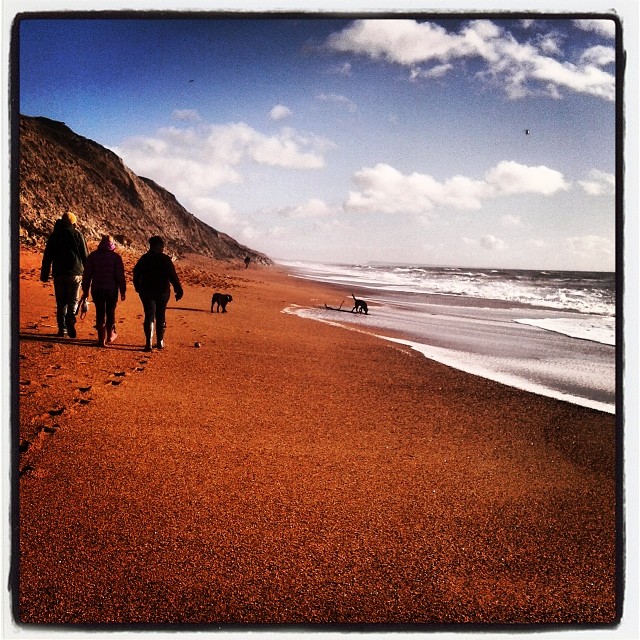
Gift
A day so happy.
Fog lifted early. I worked in the garden.
Hummingbirds were stopping over the honeysuckle flowers.
There was no thing on earth I wanted to possess.
I knew no one worth my envying him.
Whatever evil I had suffered, I forgot.
To think that once I was the same man did not embarrass me.
In my body I felt no pain.
When straightening up, I saw blue sea and sails.
Czeslaw Milosz
I first came across Czeslaw Milosz’ poem ‘Gift‘ in Raymond Carver’s last book A New Path to the Waterfall (1989). Laced throughout the book are verse-versions of Chekhov, alongside short passages by writers Carver most admired: Tranströmer, Lowell, Seifert and Milosz.
Standing at the head of the book, ‘Gift’ is the first of these. A direct poem of tenderness, acceptance and grace, it sets the tone for the best poems of Carver’s in the rest of the collection, written and edited while he was dying from lung cancer.
I don’t think the word ‘grace’ is overstating it. The unexpected and surprised note of delight spills out from observations of the natural world and towards the speaker’s past, his very own body, and even encompasses ‘evil’, which Milosz had cause more than most to disown.
For such a full-to-bursting poem, it contains many absences: ‘no thing’, ‘no one’, ‘I forgot’, ‘did not’, ‘no pain’. Between the ‘fog lifting early’ and the Matisse-like glimpse of ‘blue sea and sails’ it is a list which becomes a kind of hymn to letting go, the perfect goodbye. I have no doubt Carver wished he had written it. I know I do.
Grace…I love that word. A beautiful poem. Thank you.
LikeLike
That’s one of my favourite poems – and it’s a beautifully simple one to use as a model for writing about one’s own gifts
LikeLike
I meant gifts or grace received!
LikeLike
A gorgeous whiff of warmer days in the midst of this dreary winter
LikeLike
Thank you for sharing that. And I think grace is an underestimated quality. It may be a little rare, but it changes the world for us when we meet it.
LikeLike
Thank you for sharing that: it’s beautiful. And I think grace is a life-changing, if rare, quality.
LikeLike
Thanks for another fabulous poem. I too wish it was mine!! LOL
LikeLike